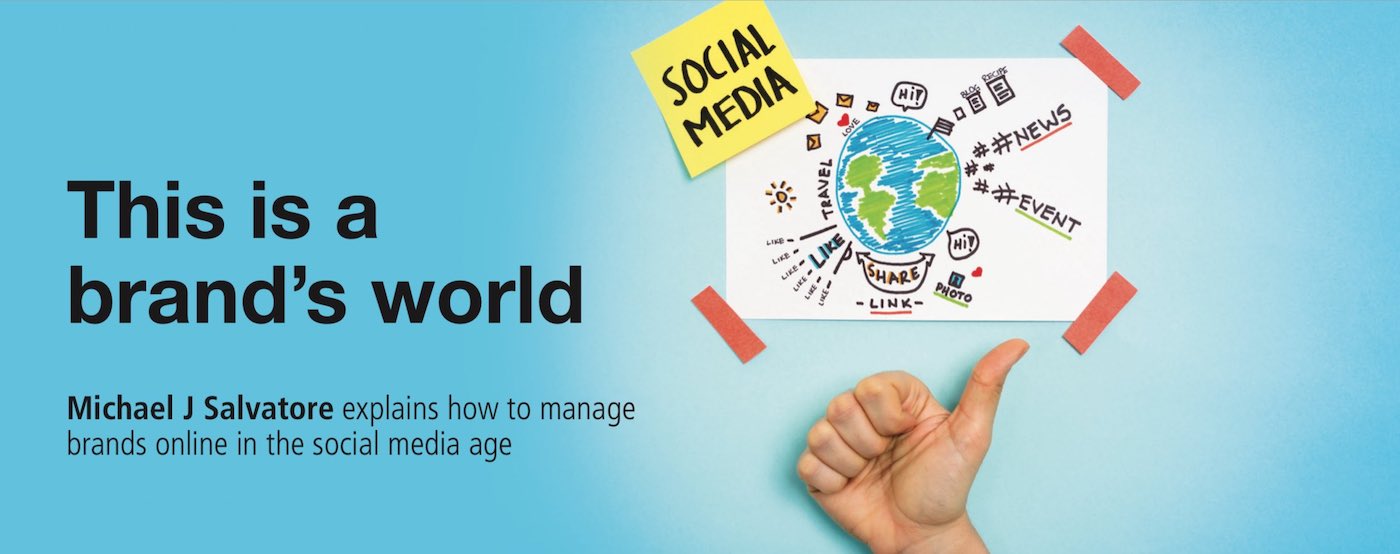Michael J Salvatore explains how to manage brands online in the social media age.
Social media has become increasingly intertwined in the fabric of society and has become, for most of us, an integrated part of our everyday lives. According to one source, there will be 2.77bn social media users globally in 2019, up from just under 1bn in 2010.
While many of the world’s best known brands have a presence on social media, some have truly harnessed the power of social media to great effect. In the following article, I discuss some of these successes, some pitfalls, and provide an overview of brand enforcement in the social media age.
Successes and failures
Oreo will forever be lauded for its “tweet heard round the world” – when it tweeted “You can still dunk in the dark” during the blackout that shut off power in the stadium during the Superbowl in 2013.
Other brands have masterful social media strategies that seem fully synchronised with the very essence of their values. ‘Lego Ideas’ allows fans of the brand to create and share their own Lego sets, which are then voted on by other platform users.3 Winning designs have the chance to be put into production by Lego, thus leveraging the enthusiasm of builders and fans into potential new products and revenue streams, all without the need to pay for traditional advertising or market research.
As social media platforms continue to mature and monetise users, they are consistently rolling out new features to make their sites more attractive to brands. Instagram, which is primarily known as an app for sharing pretty pictures, is a prime example of this trend. The platform recently launched a feature enabling users to buy a product they see in a brand or retailer’s post without leaving the Instagram app.
Despite all of these successes and innovations, as many reluctant brand stewards know, social media can also be a minefield for brands that have yet to master the art of the post. For example, a well-known athletic apparel brand was criticised on social media for its 2017 email that said “Congrats, you survived the Boston Marathon!” as being insensitive in light of the tragic terror attack on the Boston Marathon four years earlier. As many brands who have made similar faux pas can attest, the amplification and reach of social media can easily backfire if a brand’s messaging is inauthentic, poorly worded or otherwise interpreted as tone-deaf or offensive by the now very vocal and social media-empowered consuming public.

